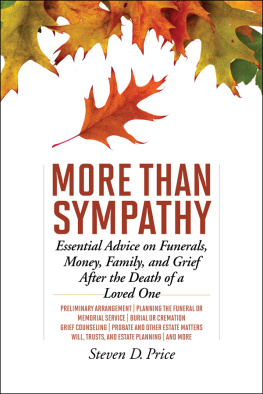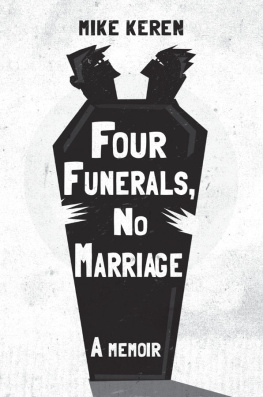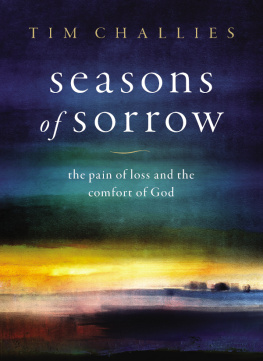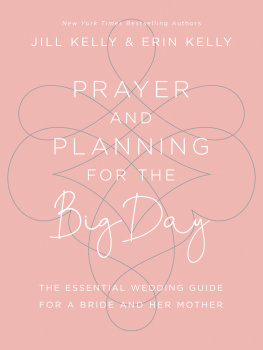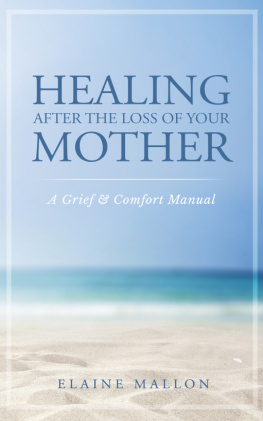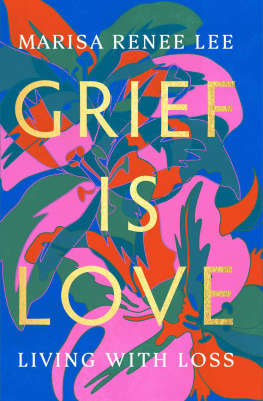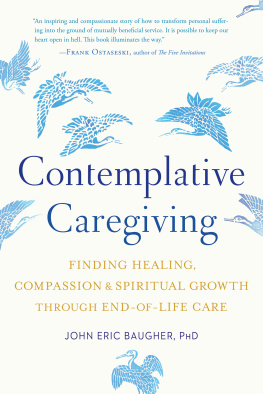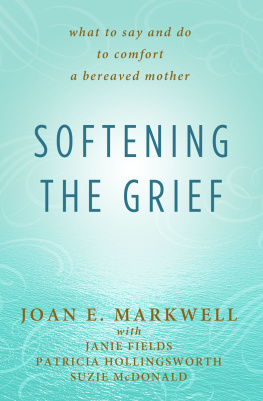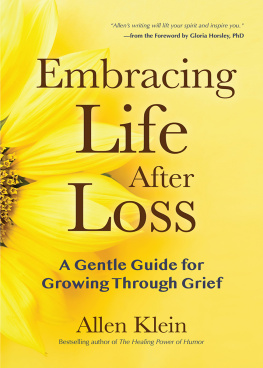FOUR
FUNERALS
and a
WEDDING
Also by Jill Smolowe
A Love Like No Other: Stories from Adoptive Parents (co-editor)
An Empty Lap: One Couples Journey to Parenthood

Copyright 2014 by Jill Smolowe
All rights reserved. No part of this publication may be reproduced, distributed, or transmitted in any form or by any means, including photocopying, recording, digital scanning, or other electronic or mechanical methods, without the prior written permission of the publisher, except in the case of brief quotations embodied in critical reviews and certain other noncommercial uses permitted by copyright law. For permission requests, please address She writes Press.
Brief excerpts from this book appeared in different form in The Washington Post Magazine and More.
Published 2014
Printed in the United States of America
ISBN: 978-1-938314-72-8
e-ISBN: 978-1-938314-73-5
Library of Congress Control Number: 2013953914
For information, address:
She writes Press
1563 Solano Ave #546
Berkeley, CA 94707
In Memory of:
Joe Treen, my husband
Ann Smolowe, my sister
Greta Smolowe, my mother
Esmeralda Treen, my mother-in-law
CONTENTS
PROLOGUE
F UNNY, THE MOMENTS THAT STICK IN MEMORY. I have one that I cant pinpoint more precisely than a morning in the early 2000s, yet I remember it like yesterday. Ive just pulled into the parking lot of a small shopping center near my home in Montclair, New Jersey. As I step out of the car I spot Elizabeth, the wife of a journalist with whom my husband and I worked two decades earlier. Though I barely know Elizabeth, I know an intimate detail about her life: her husband Jake is battling a deadly blood cancer.
I dont recall how or when my husband and I first learned about Jakes illness, but I do remember our shock and concern. I also remember our hesitation. By the time news of the cancer reached us, Jake was already months into treatment and facing a stem cell transplant. Was it too late to acknowledge his illness? After much discussion, we decided to send a note. Joe promptly punted. Youre better at this sort of thing, he said, giving new meaning to our mutual nickname for each other: Weasel. After several drafts, I settled on a message that struck a note of humor (not too grim) and breezily offered help with carpools and dinners (not too pushy). Joe and I signed the card, one of us posted it, time passed. It might have been a few months; it might have been many.
What I do remember sharply, clearlya short film that I can see in my minds eyeis this next sequence in the parking lot. I get out of my Subaru, see Elizabeth, and freeze. Her head is tilted toward the ground and her shoulders are rounded, as if bearing too heavy a load. Her slow gait radiates exhaustion, as if the act of putting one foot in front of the other requires effort. The sight of her chills me. Plainly, this is a woman sunk in a hell I cant imagine.
Yet I do plenty of imagining as I watch Elizabeth make her way across the lot. Latching on to those aspects of her life that are similar to minewife, mother, working woman, Montclair residentI project what worries must be weighting her every step. Her husband might dieHer children might lose their fatherFamily finances might become a wreckThey might have to relocate The jumble of emotions that accompany my thoughts are impossible to untangle. Sympathy? Concern? Pity? Fear? Horror? One thing I dont feel: empathy. Unlike Elizabeth, I have never been at risk of losing my husband.
Move! yells a voice in my head. Say something to her!
Leave her alone! another voice counters.
Paralyzed by indecision, I debate. Maybe I should approach Elizabeth and ask how Jake is doing. Give her a supportive hug. Offer to assist with her errands. Then again, it might be more considerate to leave her undisturbed. Its a school day. Perhaps this is a rare opportunity for Elizabeth to be alone with her fears and worries. Besides, she might not recognize me; weve met only a few times. How awkward would that be, some stranger gushing commiseration in her face? Yet inaction feels cowardly. And wouldnt a failure to acknowledge the monumental changes in Elizabeths life fall short of some basic standard of compassion? Because it doesnt occur to me that Elizabeth might be thinking of anything but the upsetting events in her life, it doesnt occur to me simply to shout hello and wave. No, her situation is all consuming; her distress requires a sensitive response. But which is the right one?
As I deliberate, Elizabeth crosses the street and disappears into a store. I am left standing by my car, feeling like a chicken so feckless that I cant even get it together to cross the street.

Heres another moment embedded in memory, only this one I can pinpoint precisely: January 3, 2007. I am at the same small shopping center in Montclair, this time running errands in preparation to drive my husband into Manhattan for his 1:00 p.m. check-in at St. Lukes-Roosevelt Hospital. Not quite two days have passed since we learned by phone the cause of Joes recent fatigue: a deadly blood cancer. Already, that call feels like it came a lifetime ago.
Now that weve made the many arrangements that will enable Joe to disappear from his life for the next five monthsor maybe forevermy husband is sinking deeper into himself. I, conversely, am turned outward, a tuning fork calibrated to both Joes emotional needs and the practical aspects of getting him ready for his first four-week hospital stay. The shock of Weasels diagnosis has left me with an uncanny clarity about what I stand to lose and what role I must play to maximize his chances of recovery.
My errands complete, I stand at a curb waiting to cross the street. I monitor the cars coming from my left, turn to watch the traffic flowing from the right, then look straight ahead. At the same moment that my gaze lands on the parking lot, I remember Elizabeth and hear these words, shrill, in my head: Oh, my God, I am now that woman
In a rush, the meaning of those two words hits me with unsparing clarity. That Woman. The one who confuses instincts and makes peoples tongues stick to the roofs of their mouths: What to do? What to say? That Woman. The one who triggers a confusion of concern and sympathy, fear and unease. The one who makes people wonder, Could it happen to me? Could I cope? The woman who reminds them that a spouse can get sick. That children can lose their parents. That plans, expectations, and dreams can evaporate. That Woman. The one, to put it bluntly, who you are very, very grateful you are not.
For two days now, Ive been focused on the three most obvious threats to my existence: Im at risk of losing my husband; our twelve-year-old daughter, Becky, is at risk of losing her father; all three of us are at risk of losing the wonderful life weve built together. Now, I detect yet another threat. In the rush of sympathy that makes people say too much or too little or, like me, nothing at all; in the crush of pity that leaves no room for laughter or casual chitchat; in the tide of anxious questions that drowns out conversation about books, parenting, lousy commutes, or anything else that reminds large parts of my life remain intact, I am at risk of losing my strength, my optimism, my interest in the world outside my head. I am at risk of losing the person Joe and Becky are counting on to hold their lives steady during the long battle ahead. In short, I am at risk of losing me.
Next page

